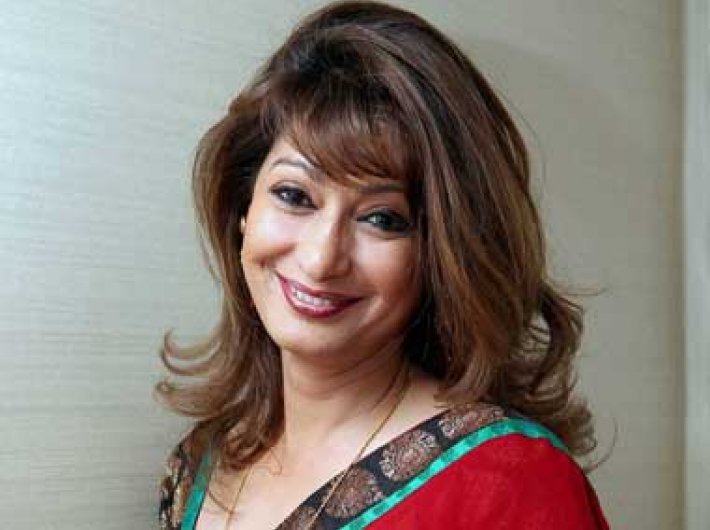Dr Sudhir Gupta’s sensational claim of pressure to give tailor-made autopsy report may or may not change the course of probe, but exposes how scientists and politicians are out to influence one another
A pliable forensic department appeared to be the top priority on the agenda of the governing body meeting of the All India Institute of Medical Sciences (AIIMS) on June 7, 2014. Dr OP Murthy, who was debarred for promotion on account of his acts of indiscretion, was made professor with retrospective effect from July 1, 2011 to pave the way for his elevation as head of the department.
In the meeting, all obstacles in the way of Dr Murthy were removed by invoking the inherent powers of the governing body (GB) under exceptional circumstances. However, the office memorandum does not elaborate on the circumstances which warranted invoking this emergency provision.
Apparently, AIIMS director Dr MC Mishra and forensic department head Dr Sudhir Gupta were at loggerheads then. Dr Murthy’s promotion was necessitated by the AIIMS director’s inability to run his writ in the forensic department due to an obdurate head of department like Dr Gupta.
ALSO READ: AIIMS doc 'uses' Sunanda death case for internal wrangling
Now look at Dr Murthy’s track record which is less than illustrious in all respects. He was repeatedly denied promotion by the standing selection committee which clears promotion after assessing merits and demerits of candidates. Dr Murthy’s conduct was found to be dubious on account of his absenteeism and his professional competence was under cloud. Despite these serious handicaps, Dr Murthy’s elevation was ensured in the GB meeting of AIIMS whose legal position has been challenged by Dr Gupta in the central administrative tribunal (CAT).
In fact, the manner in which Dr Murthy’s promotion was carried out is indicative of the clout wielded by the forensic department of the institute.
Sunanda Pushkar’s mysterious death and the resultant controversy is not an isolated case where faculty members of the forensic department got involved in a public spat and their disagreements caused a serious political or law and order crises.
Take the case of Ponty Chaddha, who was killed in a fratricidal fight. The autopsy on his body was conducted in such a cavalier manner that the police discovered on x-ray that three bullets were still lodged in Chaddha’s body. The police retrieved the body from the relatives and asked the forensic department to re-do the post-mortem and remove bullets for evidence.
That the AIIMS forensic department was susceptible to tailor autopsy reports to suit the interests of the police has come to light in various cases in the past as well. The most pertinent case related to the murder of Dr YS Sachan, deputy chief medical officer of Uttar Pradesh, whose body was found inside Lucknow jail. The team of forensic experts who visited the spot to assist the CBI declared the death as suicide. The court, however, rejected the AIIMS report and passed severe strictures on the functioning of the forensic department.
The same kind of professional incompetence and opacity were demonstrated in the Aarushi Talwar murder case and the Ishrat Jehan encounter case, where the judiciary criticised the forensic experts. The Ishrat Jehan case triggered a political controversy in which top leaders of the BJP got embroiled. The supreme court-mandated SIT rejected the opinion of AIIMS experts, who tried to reconstruct the crime scene as a genuine encounter.
Apparently, the ongoing tussle on promotion in the forensic department of AIIMS is a fight to hold the leverage of influence that can be often effectively used to please or run down political masters. Dr Gupta’s sensational disclosure – that he was goaded to give a tailor-made report on Sunanda Pushkar’s autopsy by higher authorities in AIIMS and political establishment – may or may not have a significant bearing on the criminal investigation. But it is bound to expose the hideous face of criminal investigation which is, more often than not, influenced to suit political ends.

